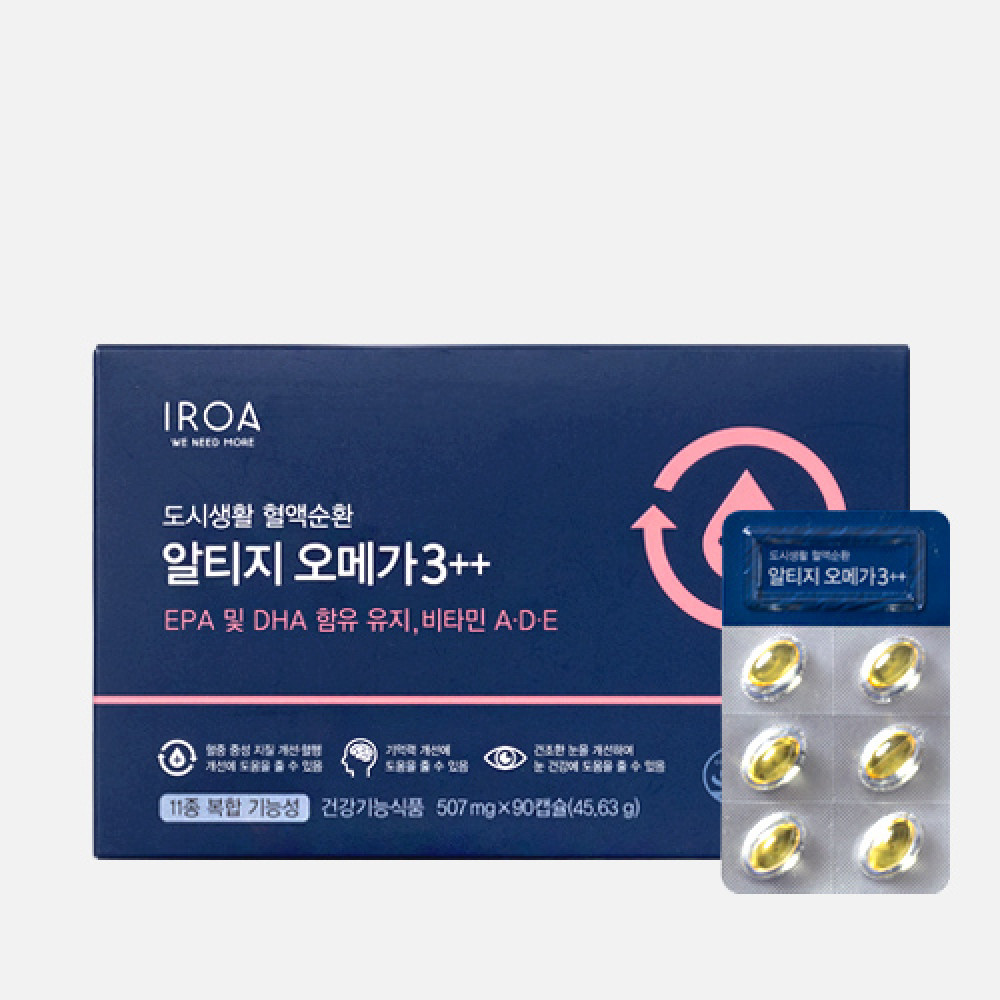Omega 3 is an essential fatty acid that plays a crucial role in maintaining optimal health. This fatty acid is not naturally produced by the body and must be obtained through diet or supplements. Omega 3 has been linked to numerous health benefits, including reduced inflammation, improved brain function, and a lower risk of heart disease.
In this blog, we will delve deeper into the world of Omega 3, exploring its benefits, best sources, and how to incorporate it into your daily routine.

The Benefits of Omega 3
Omega 3 has a wide range of health benefits that make it an essential part of a balanced diet. Some of the key benefits of Omega 3 include:
- Reduced Inflammation: Omega 3 has been shown to have anti-inflammatory effects, which can help to reduce the risk of chronic diseases such as arthritis, heart disease, and cancer.
- Improved Brain Function: Omega 3 is essential for brain function and has been linked to improved memory, mood, and cognitive function.
- Lower Risk of Heart Disease: Omega 3 has been shown to reduce the risk of heart disease by improving cholesterol levels, reducing blood pressure, and preventing blood clots.
- Better Eye Health: Omega 3 has been linked to improved eye health, reducing the risk of age-related macular degeneration and helping to maintain good vision as we age.
The Best Sources of Omega 3
There are several sources of Omega 3, including fish, nuts, and seeds. Some of the best sources of Omega 3 include:
- Fish: Cold-water fish such as salmon, sardines, and anchovies are some of the richest sources of Omega 3.
- Nuts and Seeds: Nuts such as almonds, walnuts, and chia seeds, as well as flaxseeds, are good sources of Omega 3.
- Supplements: Omega 3 supplements are a convenient way to get your daily dose of Omega 3. They come in the form of fish oil, krill oil, and plant-based Omega 3 supplements.
Incorporating Omega 3 into Your Daily Routine
Incorporating Omega 3 into your daily routine is easier than you might think. Here are some tips for getting more Omega 3 into your diet:
- Eat more fish: Aim to eat two portions of fish a week, including one portion of oily fish such as salmon or sardines.
- Add nuts and seeds to your diet: Nuts and seeds are a great snack and can easily be added to smoothies, salads, and yoghurts.
- Take Omega 3 supplements: Omega 3 supplements are a convenient way to get your daily dose of Omega 3, especially if you don't eat a lot of fish.

How to Select the Best Omega 3 Supplements
With so many Omega 3 supplements available on the market, it can be difficult to know which one to choose. Here are some key factors to consider when selecting the best Omega 3 supplement for you:
- Source of Omega 3: The source of Omega 3 in the supplement is important, as the quality and purity can vary greatly between products. Look for supplements that use high-quality, sustainably sourced fish oil or krill oil, or that are derived from algae for a vegan-friendly option.
- EPA and DHA Content: EPA (eicosapentaenoic acid) and DHA (docosahexaenoic acid) are the two most important Omega 3 fatty acids. Look for a supplement that contains at least 180mg of EPA and 120mg of DHA per serving.
- Purity and Concentration: Omega 3 supplements can be contaminated with pollutants such as heavy metals and PCBs. Look for a supplement that is certified by an independent third-party for purity and concentration.
- Third-Party Testing: Third-party testing provides an independent assessment of the quality and purity of the Omega 3 supplement. Look for a supplement that has been tested by a reputable third-party laboratory.
- Dosage: The recommended daily intake of Omega 3 is between 250mg and 500mg. Look for a supplement that provides a dose that meets your individual needs.
- Price: Omega 3 supplements can vary greatly in price, but keep in mind that the cheapest option may not always be the best. Look for a high-quality supplement that offers good value for money.

FAQs about Omega 3
- What is Omega 3?
Omega 3 is an essential fatty acid that is not naturally produced by the body and must be obtained through diet or supplements.
- Are Omega 3 supplements safe?
Omega 3 supplements are generally considered safe when taken as directed. It is always best to speak to your doctor before starting any new supplement regimen.
- Can I get enough Omega 3 from my diet?
Yes, you can get.





-20230321012125.png)

Comments: 0